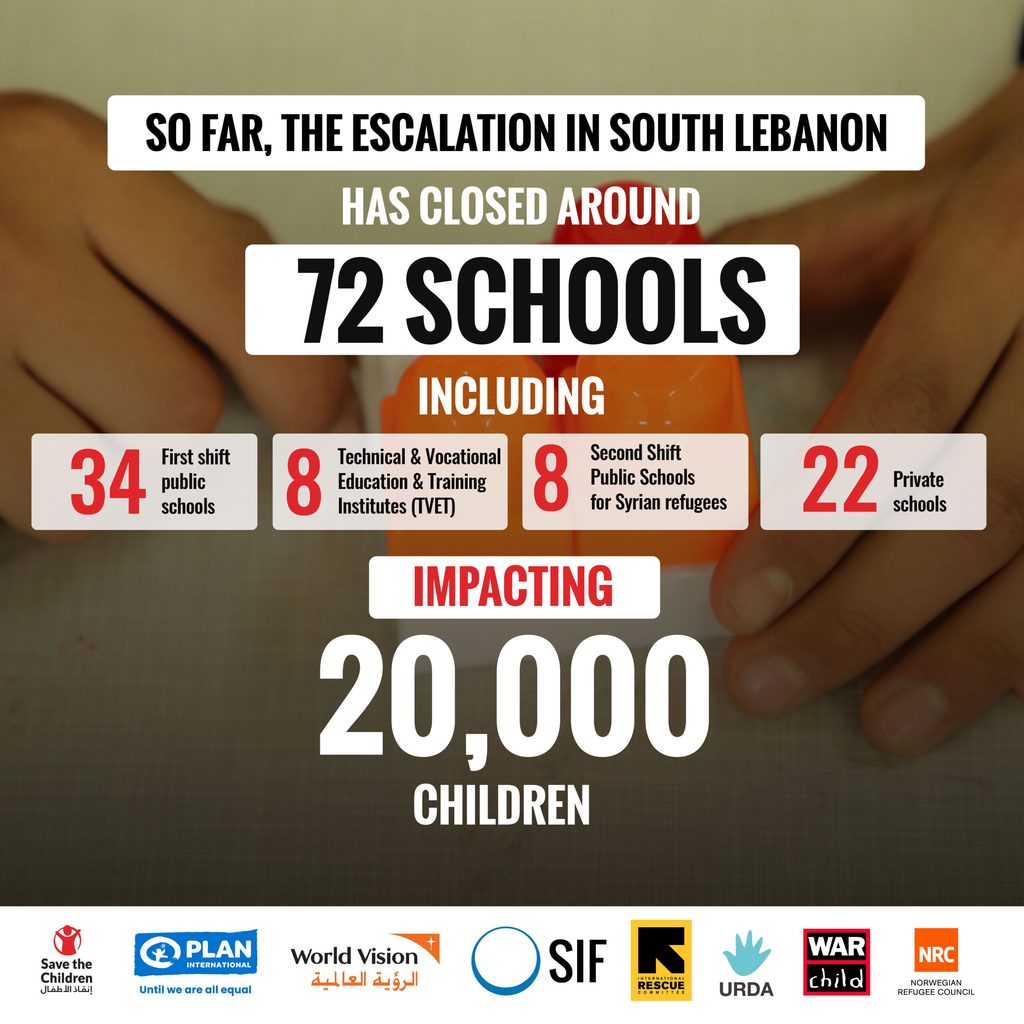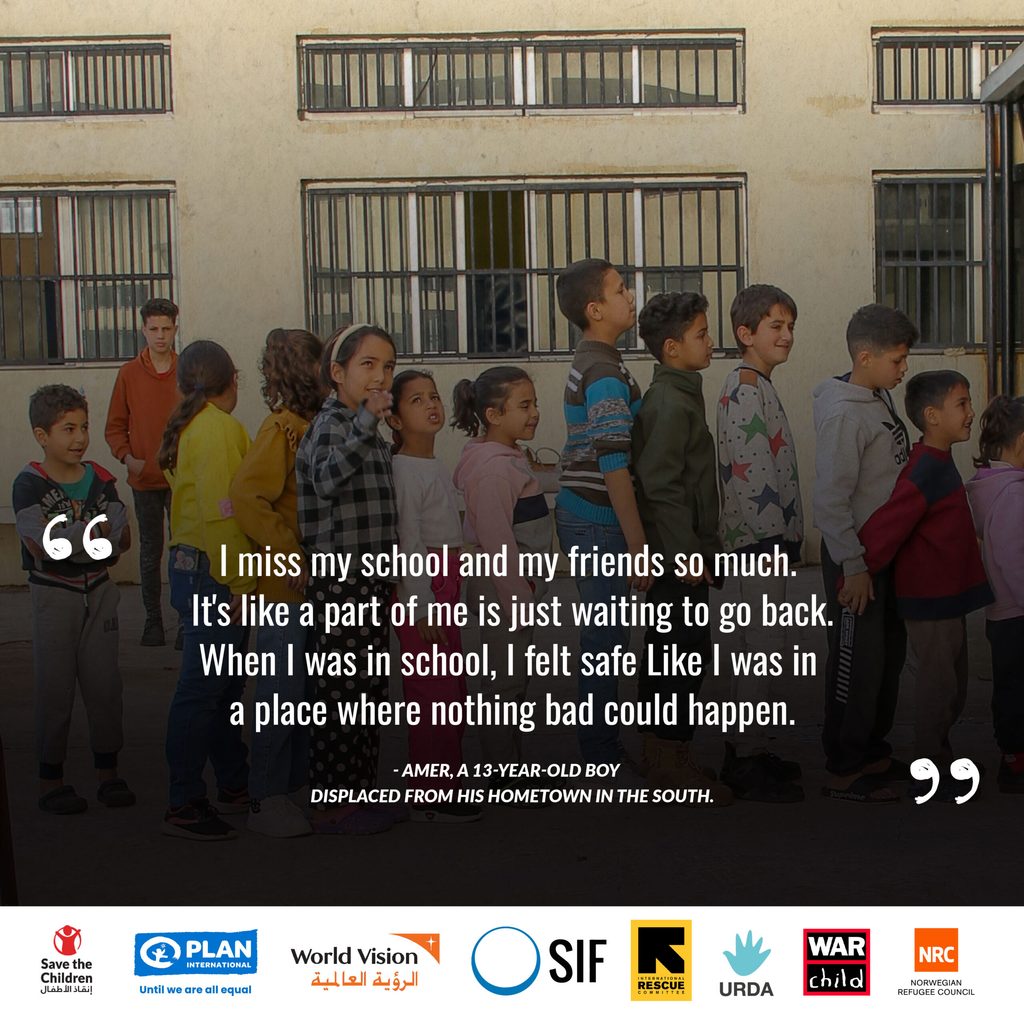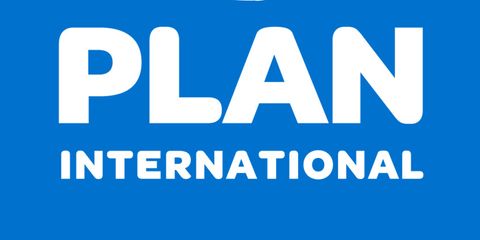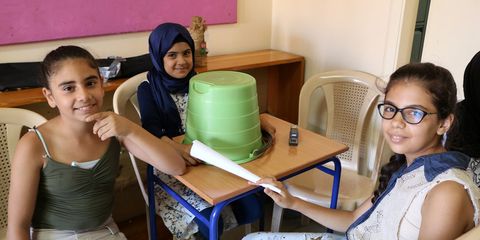Lebanon’s displaced children and youth from the South cannot afford further disruption to their education
Beirut, July 2024
The conflict in the South of Lebanon has exacerbated the multiple crises that have disrupted the education of the most marginalised children and youth in the country.
In times of conflict and displacement, education is a critical lifeline, offering children a safe space to learn and grow and providing families with crucial and life-saving information related to safety, mental health, and children’s protection. For Lebanon, sustaining education is paramount for the country’s recovery.
Struggles of Lebanon’s educational system
Over the past 5 years, Lebanon’s educational system has struggled to meet the diverse needs of children and families. The protracted, multi-layered crisis has hindered access to quality, inclusive, and protective education, resulting in substantial learning deficits, particularly at the primary level.
Education not only ensures the right of all school-aged children to learn but also serves as a protective factor, particularly for those affected by conflict and displacement, by offering a sense of routine, expression, peer support, and hope.

Impact of ongoing conflict on education
As the conflict along the southern borders of the country extends into the tenth month, the number of internally displaced persons (IDPs) has surged to more than 98,000[1], with around 34,000 children forced to leave their homes, schools, and communities in search of safety. To date, the escalation has resulted in the closure of around 72 schools, including 34 first shift public schools, 8 second shift public schools for Syrian refugees, 8 Technical and Vocational Education and Training Institutes (TVET), and around 22 private schools**, impacting 20,000 children.**
While the Ministry of Education and Higher Education (MEHE) has taken measures to ensure the continuity of teaching and learning for children and youth affected by the conflict in the south through the provision of online learning and the establishment of emergency hub schools, nevertheless, schooling for children in the south has been interrupted for the fifth year, leading to higher risks of dropout.
Challenges in education
Existing barriers to education – including financial constraints, child labor, de-prioritization of education at the household level, caregivers’ fear of sending their children to schools, and repeated or multiple displacements – are exacerbated during crises. Children engaged in online learning face significant obstacles, such as technical issues, digital literacy gaps, and concerns over data privacy and security. Additional barriers include feelings of isolation, increased mental health and well-being concerns, and accessibility issues for students with disabilities. Engagement of parents and caregivers is crucial to ensure children continue to learn despite these challenges.

In conflict settings, it is key to include interventions that address the rising challenges of stress, mental health, and violence as well as the natural connection between securing a child’s right to education and ensuring their well-being and safety in crises.
Call to action for stakeholders
We urge all stakeholders to prioritize education during these critical times. The Government of Lebanon and the Ministry of Education and Higher Education must ensure that schools not only remain open, but also that their use as shelters is considered a measure of last resort. There is an urgent need to support the capacity for Education in Emergencies (EiE) and Child Protection in Emergencies (CPiE) among sector partners, particularly for those actively engaged in response efforts in the south. We call upon education donors to allocate sufficient funding to address the escalating needs in the south and prevent further learning losses.
Joint-Statement-on-Impact-of-Conflict-on-Education-EN
425.84 kb
Joint-Statement-on-Impact-of-Conflict-on-Education-AR
293.59 kb
Agency Sign On
International Rescue Committee
Norwegian Refugee Council
Plan International
Save the Children
Secours Islamique France
Union of Relief and Development Associations
War Child
World Vision
Spokespeople are available. Please reach out to shireen.makarem@savethechildren.org for media requests.


